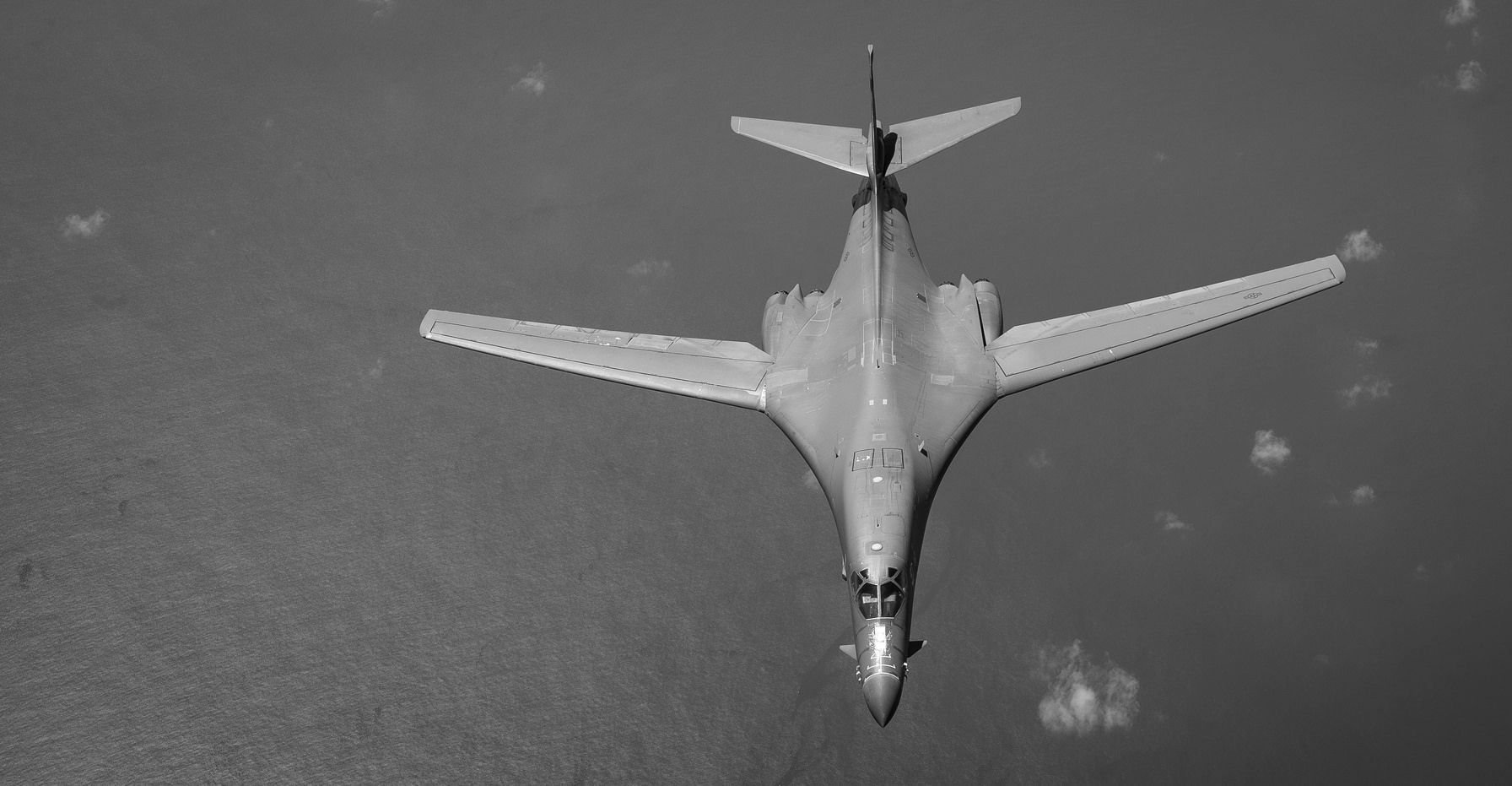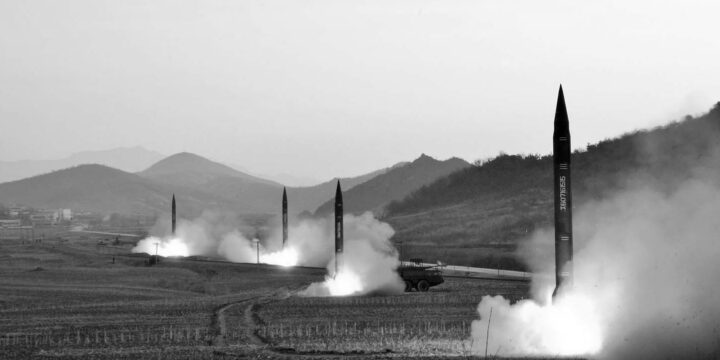
Ending the North Korea standoff
As the cooling off period during the Winter Olympics fades, reality about the standoff with North Korea resumes. The U.S. insists it will settle for nothing short of total denuclearization by North Korea. North Korea insists—and indeed has shown through its spending and behavior—that it is totally committed to developing and maintaining a nuclear deterrent capability. As these mutually exclusive interests and objectives collide, there are only two options to end this stalemate: preventive war or deterrence and diplomacy.
What is the basis for the Trump administration's campaign of "maximum pressure"? What is the rationale for National Security Advisor H.R. McMaster's warning that, "[North Korea's] intentions are to use that weapon for nuclear blackmail, and then, to, quote, you know, 'reunify' the peninsula under the red banner"? Is such a scenario possible or likely? What can and should the United States prioritize: denuclearizing the Korean Peninsula or ensuring North Korea never uses its nuclear weapons capability, which it first demonstrated in 2006? If Washington insists on denuclearization, what price are we willing to pay to achieve such an outcome—the most costly of which would be preventive war? Should we consider direct engagement to discourage mishandling of nuclear material, miscalculation, and proliferation?
Brigadier General Robert P. Givens, USAF, Ret. will explain why some support preventative war—as McMaster seems to—and what it would look like. Dr. David Kang will discuss the merits of deterrence—based on our overwhelming nuclear and conventional superiority—and diplomacy.


